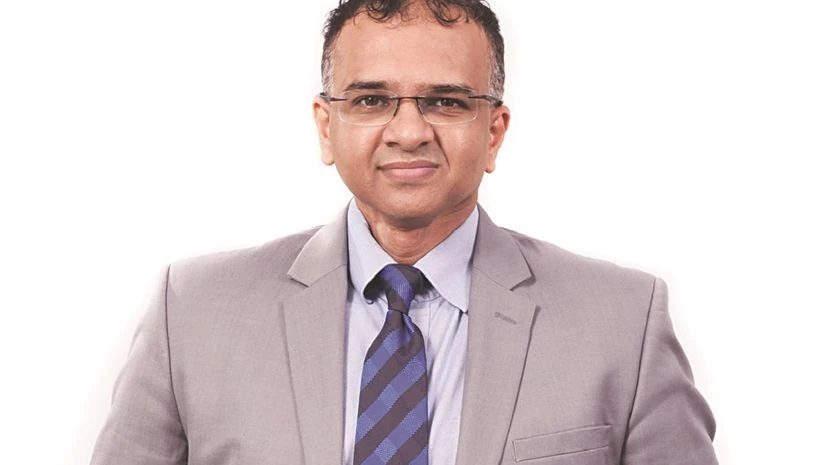)
Dilip Asbe, managing director and chief executive officer (MD&CEO) of the National Payments Corporation of India (NPCI)
Even with a lack of a merchant discount rate (MDR) for payments on Unified Payments Interface (UPI), the ecosystem is seeing increasing interest from new participants in the past year, with 50 new third-party application providers (TPAPs) keen on boarding the real-time payments rails, Dilip Asbe, managing director and chief executive officer (CEO), NPCI, said.
Asbe also acknowledged that the absence of a revenue model on UPI may have deterred new players from entering the market in the past few years. Asbe was speaking in an interview with MoneyControl.
Click here to connect with us on WhatsApp
“The revenue model on UPI … that kind of dried off the funnel of new players entering the market. In the past year, we have seen great interest from some players. We have seen the highest number, in fact almost 50 new TPAPs wanting to enter the market. So, with the new TPAPs coming in, the existing TPAPs are stepping up some sort of investments,” he said.
In the past year, the ecosystem has seen the entry of new TPAPs offering UPI, including players such as Navi, BharatPe, super.money, among others.
At present, most UPI debit transactions continue to remain free, with payment-processing expenses borne by fintechs and banks.
He indicated that there was a possibility of an MDR being levied on UPI transactions only for large merchants.
“There are many small merchants, and the way they are defined is entities with a turnover of less than Rs 20 lakh. I don’t think an MDR would come for the smaller merchants. If it comes in, it would be for the larger merchants,” he added.
An MDR is a fee levied on a merchant by a fintech or any other payment processing company for processing a digital transaction, including UPI.
The introduction of an MDR on UPI would enable companies to earn revenues from processing these transactions, thereby reducing their payment-processing expenses, which are currently borne by such entities.
On concerns regarding a duopoly in the market, where PhonePe and Google Pay process close to 87 per cent of monthly UPI volumes, he added that the market will balance itself out on the back of newer use cases such as credit, where NPCI has introduced products like credit card on UPI and credit line on UPI.
“I think it will take some more time than what we earlier envisaged, but for sure the market will balance this out,” he said.
In November 2022, NPCI proposed a 30 per cent volume cap on third-party application providers, asking UPI players to limit their market share to 30 per cent within two years.
NPCI is yet to take a decision on implementing the market cap.
“The government, the Reserve Bank of India (RBI), and NPCI’s objective is to have a more balanced market without hindering much of the growth on UPI,” he explained.
Meanwhile, Asbe added that the apex payments body was using artificial intelligence (AI) for risk and fraud management, advisories pertaining to anti-money laundering (AML) guidelines, mule accounts, and data science.
NPCI has over 200 people working in AI and data science.
First Published: Oct 15 2024 | 8:15 PM IST


